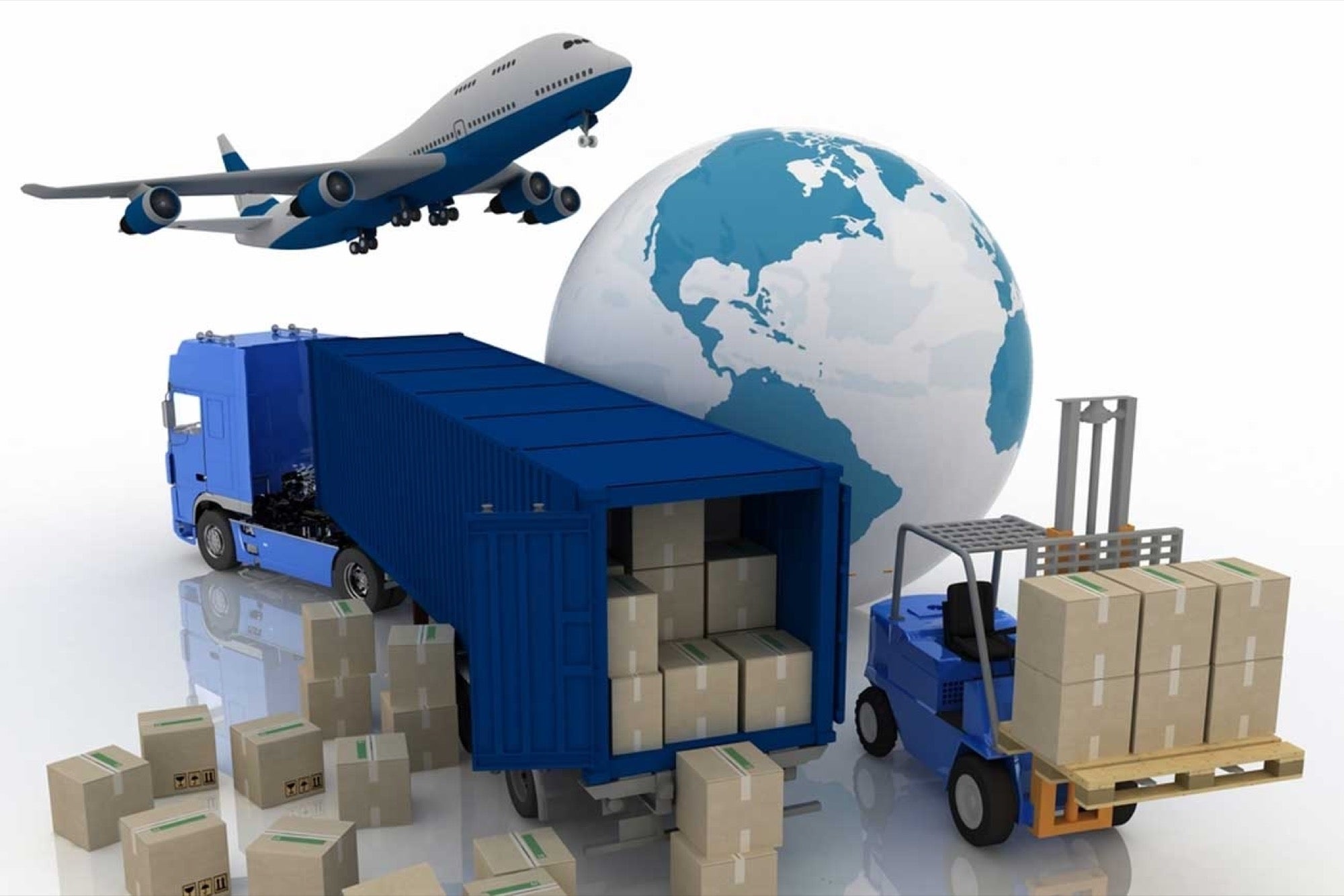The Future of India's Logistics Industry Post Implementation of GST With GST subsuming entry taxes and bringing standardization in tax rates, India will become tax neutral irrespective of location and no tax arbitrage will be possible.
By Archit Gupta
Opinions expressed by Entrepreneur contributors are their own.
You're reading Entrepreneur India, an international franchise of Entrepreneur Media.

On Saturday, the 4th of March, the GST Council meet concluded with a formal approval of the Central GST (CGST) and Inter-State GST (IGST) laws, with the Compensation Law already having been approved during the previous meeting on February 18.
The blueprint of GST is still under review, with some aspects yet to be finalized leaving certain segments of the economy wondering as to how the rollout will affect them. One such sector is the Indian logistics industry.
The logistics sector is fast evolving and is expected to be worth US $307 billion by 2020. While other developing countries spend less than 8% of their GDP on this sector, India spends around 14.4% of its GDP on logistics and transportation. The sector is expected to grow at a CAGR of 15-20 percent between FY 2016-2020, and industry experts are optimistic about this predicted growth due to the easing of rules for goods movement across state borders.
Relief from challenges faced by logistics industry under current taxation
Under current taxation system, when goods are sold to other states a Central State Tax (CST) is imposed, along with Octroi charges and entry tax. Vehicles carrying the goods are inspected while entering or leaving states by officers who demand relevant documents such as challans and biltys, invoices and bills of sale of dispatch documents, along with the declaration forms. Trucks line up at every check post or barrier and this causes significant delays, affecting logistics management and leaving a dent in overall supply chain management.
Under GST, octroi charges and entry taxes will be subsumed, but road permits may still be needed. The documentation will become minimal and forms and declarations will be filed electronically, and if inspection is also carried out online as proposed, it will save time.
Effective utilization of Warehousing and allied facilities post GST
A well-planned logistics and supply chain ensures delivery of right items at right place. To avoid CST levy and state entry taxes, logistics players have been maintaining multiple warehouses across states often operating at below efficiency levels and adding to overall operational cost. With GST subsuming entry taxes and bringing standardization in tax rates, India will become tax neutral irrespective of location and no tax arbitrage will be possible. In wake of this, warehouse operators and e-commerce players have already shown interest in setting up their warehouses at strategic locations such as Nagpur, which is the zero mile city of India and is well-connected throughout.
FMCG companies which have been making huge investments in warehousing are more aggressively looking to consolidate this function. Soon, we can witness logistic hubs and high investments in infrastructure, where 100% FDI has already been allowed.
For a warehousing operator, investment decisions will no longer be dictated by the comparative tax advantages of various states, thereby enabling them to make decisions based on supply chain efficiencies.
The Road Ahead
The tax parity across states means logistics hubs can be developed on the basis of connectivity rather than state boundaries. Disadvantages of crossing over tax jurisdictions in the supply chain will be thing of past as GST offers a tax-neutral environment to logistics industry.
Private equity investors and overseas developers are already looking at opportunities to enter India's industrial and warehousing sector by investing in various development projects.












